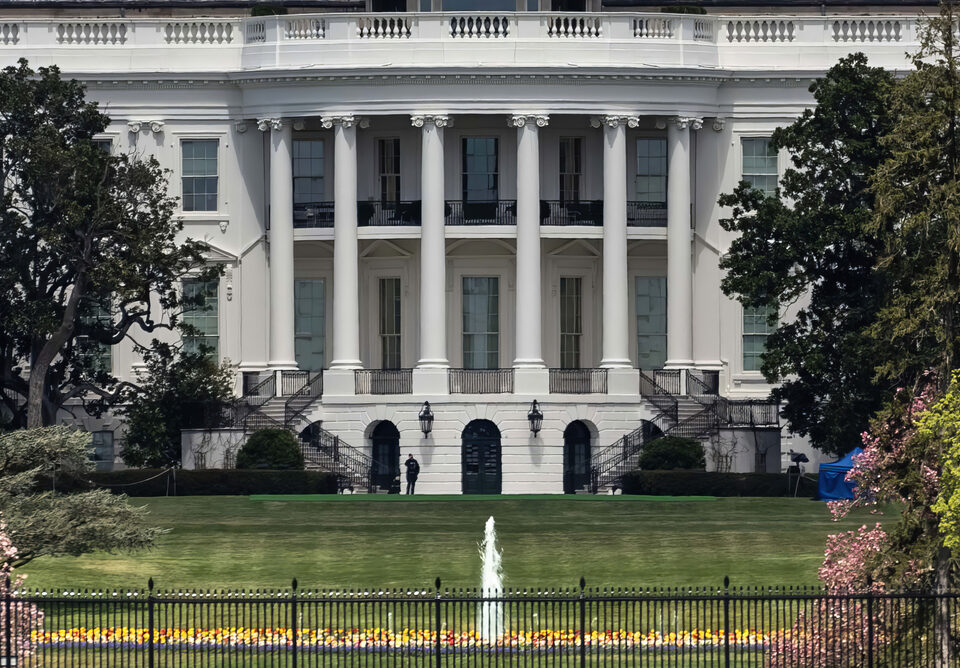New house bill focuses on fertility treatments
二月 13, 2017Children born via Surrogacy in Mexico and Cambodia unable to leave
二月 27, 2017 State lawmakers Rep. John Lesch and Sen. Sandra Pappas recently unveiled the Minnesota Gestational Carrier Act with the intent to regulate the surrogacy industry. Currently, the state offers no regulatory laws, but with this legislation, standards can be upheld, and intended parents have the right of parentage prior to the birth of their child.
State lawmakers Rep. John Lesch and Sen. Sandra Pappas recently unveiled the Minnesota Gestational Carrier Act with the intent to regulate the surrogacy industry. Currently, the state offers no regulatory laws, but with this legislation, standards can be upheld, and intended parents have the right of parentage prior to the birth of their child.
The Act is silent on compensation, and it’s this exclusion that has the opposition concerned – one of which is the Minnesota Family Council.
“Minnesota Family Council believes that the proposed bill dismisses important regulations for the protection of women and children. Compensation must be banned and any proposed surrogacy legislation must additionally prevent the exploitation of women…”
“Our feeling is if everyone else is being compensated — the lawyers, the clinic, doctors — why shouldn’t the person carrying the child be compensated?” Sen. Sandra Pappas told the media.
A number of intended parents understand the commitment and dedication of their surrogates. Invariably, these women are placing their lives on “hold” so they can help carry their intended parents’ baby. Likewise, surrogates are also assuming the risk that goes with pregnancy and childbirth. It is for these very reasons that intended parents want their surrogates to receive a substantial compensation package – without them, they would be unable to have their family.
While each state has their own laws regarding surrogacy, one state viewed as having surrogacy-friendly laws is California due to its Uniform Parentage Act. Its guidelines make the surrogacy process more efficient so that intended parents, regardless of their sexual orientation, have their rights safeguarded.
While the Act is not on the calendar yet for any committee hearings, many are waiting to see if it will reach further than a similar bill that was vetoed in 2008.



